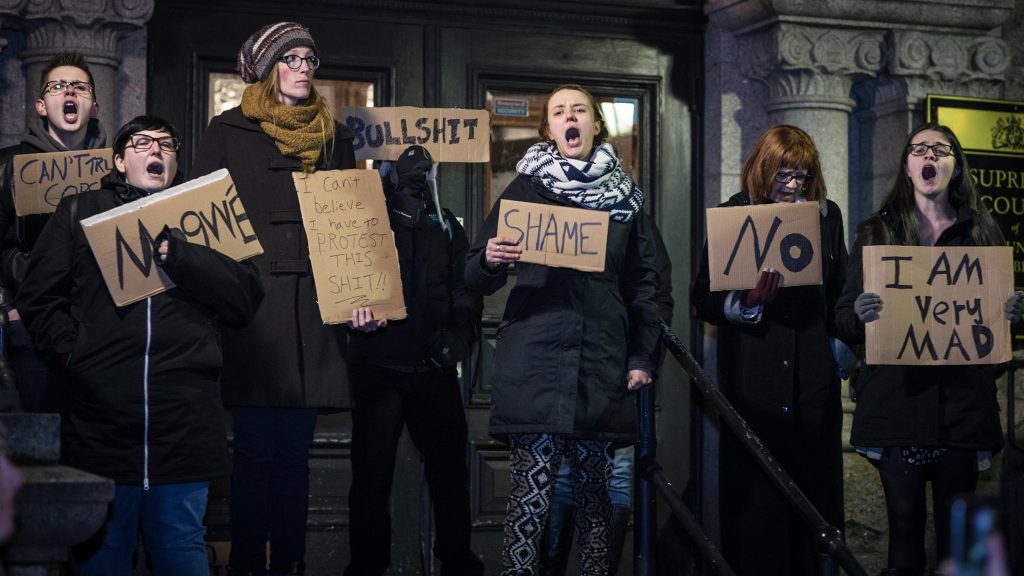Rape is a heinous crime that has been plaguing our society for far too long. It is a violation of a person’s body and their rights, and it leaves a lasting impact on the victim’s physical, emotional, and psychological well-being. However, despite the gravity of this issue, there are still many misconceptions surrounding rape, one of which is the belief that it is an impulsive act.
In a recent article published by The Independent, writer and activist, Emily Riddle, debunks this myth and sheds light on the structural nature of rape. Riddle argues that rape is not a spontaneous act, but rather a product of a larger societal structure that perpetuates violence against women.
Riddle points out that rape is not a random act of passion, but rather a calculated and premeditated act of violence. It is a manifestation of the power dynamics that exist in our society, where men are seen as dominant and entitled to women’s bodies. This belief is deeply ingrained in our culture and is reinforced by media, religion, and even our legal system.
Moreover, Riddle highlights the role of toxic masculinity in perpetuating rape culture. Men are often taught to be aggressive, dominant, and to view women as objects for their pleasure. This toxic mindset not only leads to rape but also creates a culture where victims are blamed and perpetrators are excused.
Riddle also addresses the common misconception that rape is a crime of passion. She argues that rape is not about sexual desire, but rather about exerting power and control over another person. It is a way for the perpetrator to assert their dominance and reinforce their sense of entitlement.
Furthermore, Riddle emphasizes the need for a shift in our societal attitudes towards rape. We must stop victim-blaming and start holding perpetrators accountable for their actions. This includes challenging the harmful stereotypes and beliefs that contribute to rape culture.
In conclusion, rape is not an impulsive act, but rather a structural issue that is deeply rooted in our society. It is a product of toxic masculinity, power dynamics, and harmful societal attitudes. As a society, we must work towards dismantling these structures and creating a culture of consent and respect for all individuals. Only then can we truly address and prevent the pervasive issue of rape.



